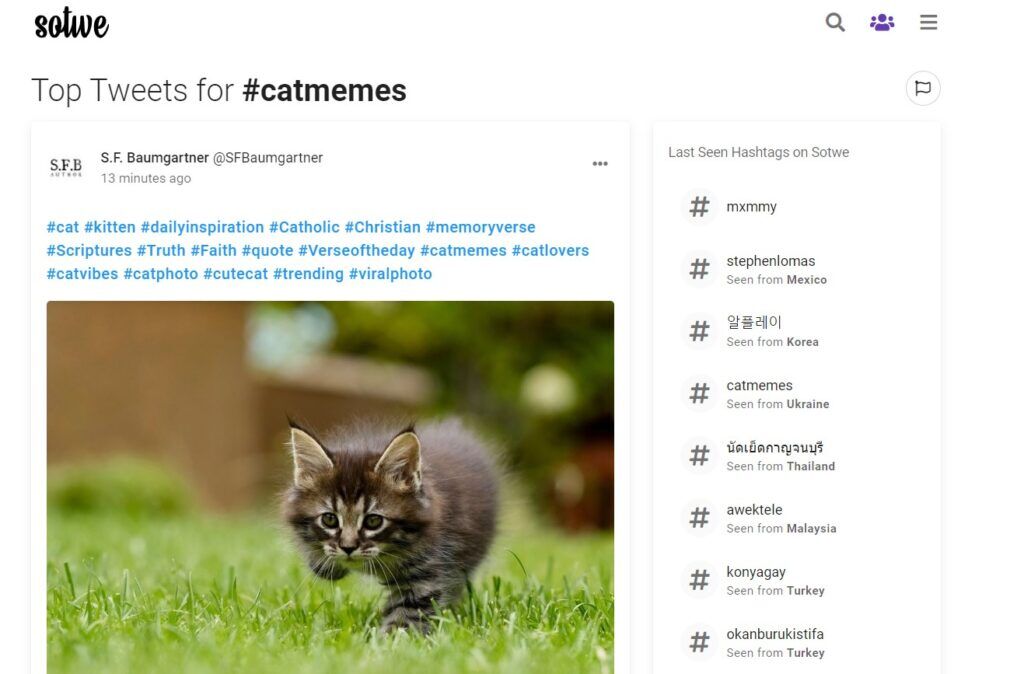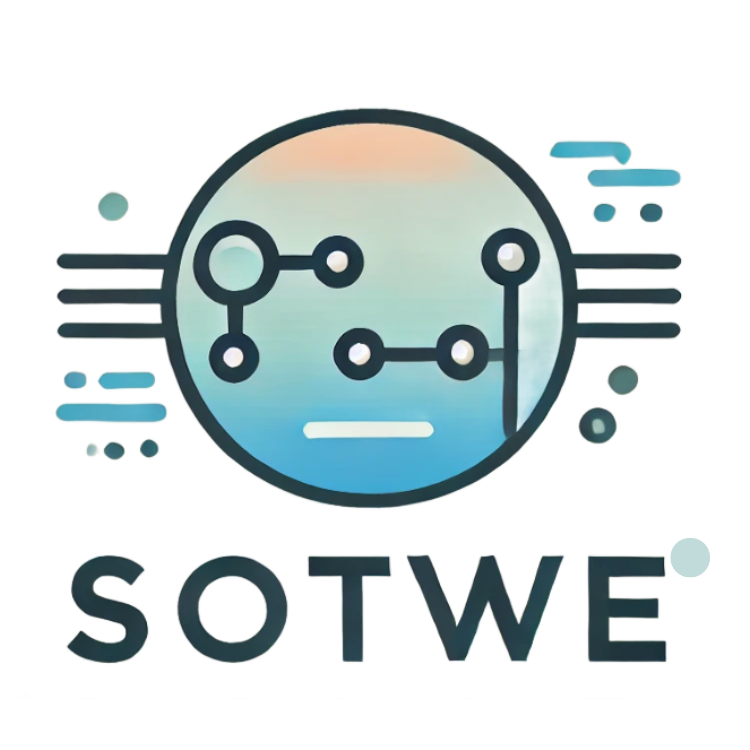Turk Ifsa: Find Latest Leaks & Content - Explore Now!
Is the digital realm a boundless ocean, or are there hidden, turbulent currents pulling us into uncharted territories? The rise of online communities and platforms, particularly those fostering the sharing of intimate content, has created a complex ecosystem where the boundaries of privacy and consent are constantly being redrawn.
The digital landscape, once envisioned as a utopian space for connection, has become a breeding ground for controversies. Platforms like Twitter, Telegram, and various websites have become channels for the dissemination of sensitive materials. The term "ifsa," often used in the Turkish context, refers to the unauthorized sharing of private images or videos, a phenomenon that has sparked significant debate about ethics, legality, and the impact on individuals. The pervasiveness of such content raises critical questions about the responsibilities of platforms, the vulnerability of individuals, and the need for robust measures to protect privacy.
This article delves into the various facets of this digital environment, exploring the various platforms, actors, and issues that define this digital landscape. It aims to provide a comprehensive overview while fostering a deeper understanding of the complexities that surround the sharing of sensitive information.
- Luke Mably From 28 Days Later To Wife Rumors Current Love Life
- Kannada Movies 2024 Reviews Box Office Where To Watch
A central element of this online world revolves around the use of platforms like Twitter. These platforms, initially designed for public communication, have become havens for the exchange of various kinds of content. Some users utilize these spaces to view, share, and discuss materials that would otherwise be restricted. The ability to interact and access information anonymously has also contributed to the proliferation of such content, making it difficult to control its spread.
Other sites and groups also contribute to this ecosystem. Various sites, often referred to as "ifsa sites," act as repositories for leaked materials. These sites often aggregate content from different sources, making it easily accessible. Similarly, Telegram groups have also become a means of disseminating content. The encrypted nature of Telegram allows for discreet sharing, further complicating efforts to monitor and regulate the exchange of private information.
The availability of these materials raises significant questions about the ethics surrounding their creation and distribution. Many of these videos and images are shared without consent. The act of sharing such content without consent is illegal. The legal aspects of "ifsa" are multifaceted, encompassing issues of copyright, privacy violations, and potential defamation. However, enforcement is often difficult. The anonymity afforded by the digital world and the global nature of the internet make it challenging to track down those responsible for unauthorized sharing.
- Kannada Movies 2024 Watch Online Legally Discover New Films
- Chef Aaron May The Untold Story Of The Culinary Star
The impacts of these events are wide-ranging, affecting individuals and society. For individuals whose personal information has been shared, the consequences can be devastating, including emotional distress, social isolation, and reputational damage. The pervasive nature of the internet means that such information can spread quickly and widely, making it nearly impossible to retract. This can create long-lasting effects on an individual's personal and professional life.
Beyond the immediate impact on individuals, the proliferation of sensitive content raises broader societal concerns. The normalization of sharing unauthorized material can erode trust in digital spaces. It can lead to an environment where privacy is devalued, and individuals are more hesitant to engage online. These trends can also have an impact on issues surrounding consent, particularly for young people. The ease with which such material is accessible can shape attitudes and behaviors regarding privacy and respect.
The response to the challenges posed by unauthorized sharing has been multi-faceted. Social media platforms and website operators are now under pressure to take measures to prevent the spread of sensitive content. However, the scale of the issue, the number of platforms involved, and the speed with which content can spread create unique challenges. The effectiveness of these measures varies.
Legal frameworks and regulations are also in place to address these issues. Laws against privacy violations, copyright infringement, and online defamation are often used to address incidents of "ifsa." However, these laws are frequently limited by jurisdictional boundaries and the complexities of online enforcement. The process of identifying and prosecuting individuals involved in unauthorized sharing can be lengthy and complex.
Many individuals and organizations are trying to prevent the spread of unauthorized information. Education plays a crucial role in prevention. Raising awareness about the risks and consequences of sharing sensitive information can empower individuals to protect their privacy and make informed choices online. Programs can focus on the importance of consent, digital citizenship, and the potential consequences of sharing private content.
Technology also has a role to play in combating the spread of sensitive content. Artificial intelligence and machine learning can be used to identify and remove unauthorized materials from platforms. However, this technology is still evolving, and there are ongoing debates about its effectiveness and potential biases.
As we move forward, it is important to recognize that addressing the challenges of unauthorized sharing requires a holistic approach that addresses both the ethical, legal, and technological dimensions of the problem. Collaboration between platforms, legal professionals, educators, and individuals is essential. By fostering a better understanding of the risks, we can create a more secure and respectful digital environment.
In this context, tools like "Sotwe" emerge as a way of interacting with information available on platforms such as Twitter. These tools offer functionalities like viewing trends and downloading content, however, it is crucial to understand that the utilization of such tools must be consistent with the respect for privacy, terms of use, and legal constraints surrounding the dissemination of material.
The online sharing of private content is a multifaceted issue that involves a combination of factors. From the ethical considerations that govern our actions to the technological complexities of enforcement, this landscape presents a diverse and dynamic challenge. By addressing these issues head-on, we can make progress toward a better, safer digital environment.
Here is the table containing more information related to the topic:
| Category | Details |
|---|---|
| Definition | Unauthorized sharing of private images or videos, often involving individuals without their consent. The term is frequently used in the Turkish context. |
| Platforms Involved | Twitter, Telegram, various websites, and other social media platforms are often used to share and access such content. |
| Content Types | Includes intimate photos and videos. |
| Legal Concerns | Privacy violations, copyright infringement, defamation, and potential breaches of consent. |
| Ethical Considerations | Focuses on consent, the right to privacy, and the potential for harm to individuals. |
| Impact on Individuals | Emotional distress, social isolation, reputational damage, and long-term effects on personal and professional life. |
| Societal Impacts | Erosion of trust in digital spaces, devaluation of privacy, impact on attitudes towards consent. |
| Responses | Platform content moderation, legal frameworks, education, and technological solutions. |
| Tools and Methods of Dissemination | Direct sharing, Telegram groups, and specialized websites that aggregate leaked content. |
| Related Terms | "Ifsa sites," which host leaked content, and the use of tools like "Sotwe" for content exploration. |
| Challenges in Enforcement | Anonymity, global nature of the internet, and jurisdictional limitations hinder effective regulation and prosecution. |
| Role of Education | Raising awareness about risks, digital citizenship, and the importance of consent in preventing the spread of unauthorized content. |
| Technological Solutions | Use of artificial intelligence and machine learning to detect and remove unauthorized materials, though with potential limitations and biases. |
- Kannada Movie Rules Whats New In 2024 2025 Find Out
- Luke Mably From 28 Days Later To Wife Rumors Current Love Life

Unveiling Secrets The Phenomenon Of Sotwe Turkish Ifsa

How to Use Sotwe to Promote on X (Twitter)?

Exploring The Phenomenon Of SOTWE Understanding Its Impact On Children